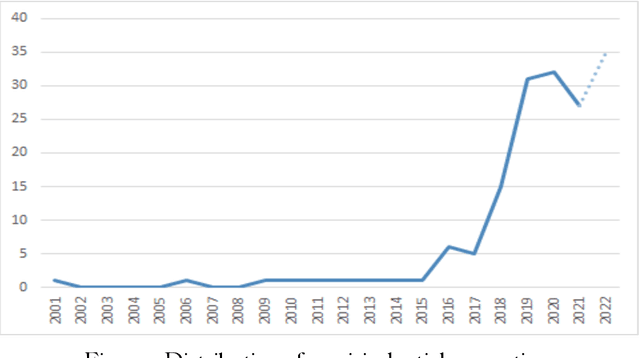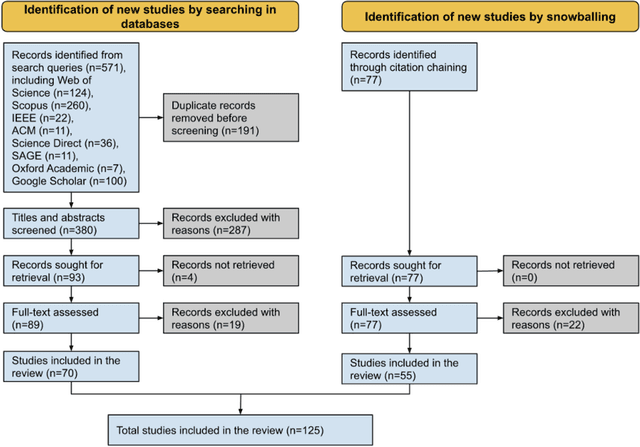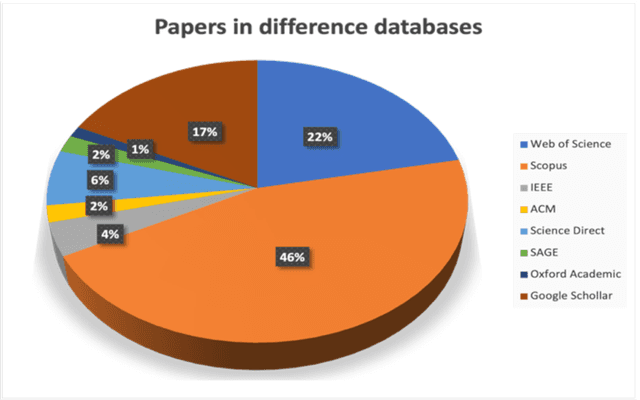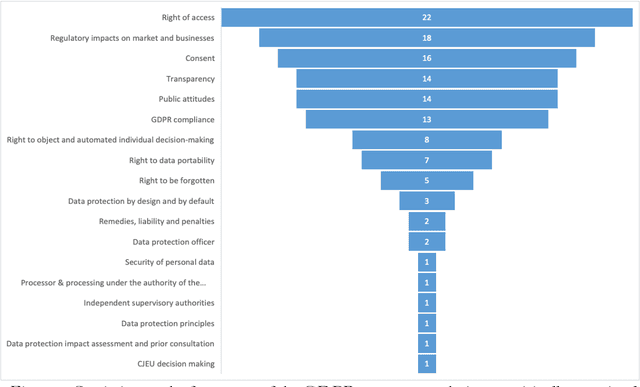Aolan Li
Mapping the Empirical Evidence of the GDPR Effectiveness: A Systematic Review
Oct 25, 2023



Abstract:In the realm of data protection, a striking disconnect prevails between traditional domains of doctrinal, legal, theoretical, and policy-based inquiries and a burgeoning body of empirical evidence. Much of the scholarly and regulatory discourse remains entrenched in abstract legal principles or normative frameworks, leaving the empirical landscape uncharted or minimally engaged. Since the birth of EU data protection law, a modest body of empirical evidence has been generated but remains widely scattered and unexamined. Such evidence offers vital insights into the perception, impact, clarity, and effects of data protection measures but languishes on the periphery, inadequately integrated into the broader conversation. To make a meaningful connection, we conduct a comprehensive review and synthesis of empirical research spanning nearly three decades (1995- March 2022), advocating for a more robust integration of empirical evidence into the evaluation and review of the GDPR, while laying a methodological foundation for future empirical research.
 Add to Chrome
Add to Chrome Add to Firefox
Add to Firefox Add to Edge
Add to Edge